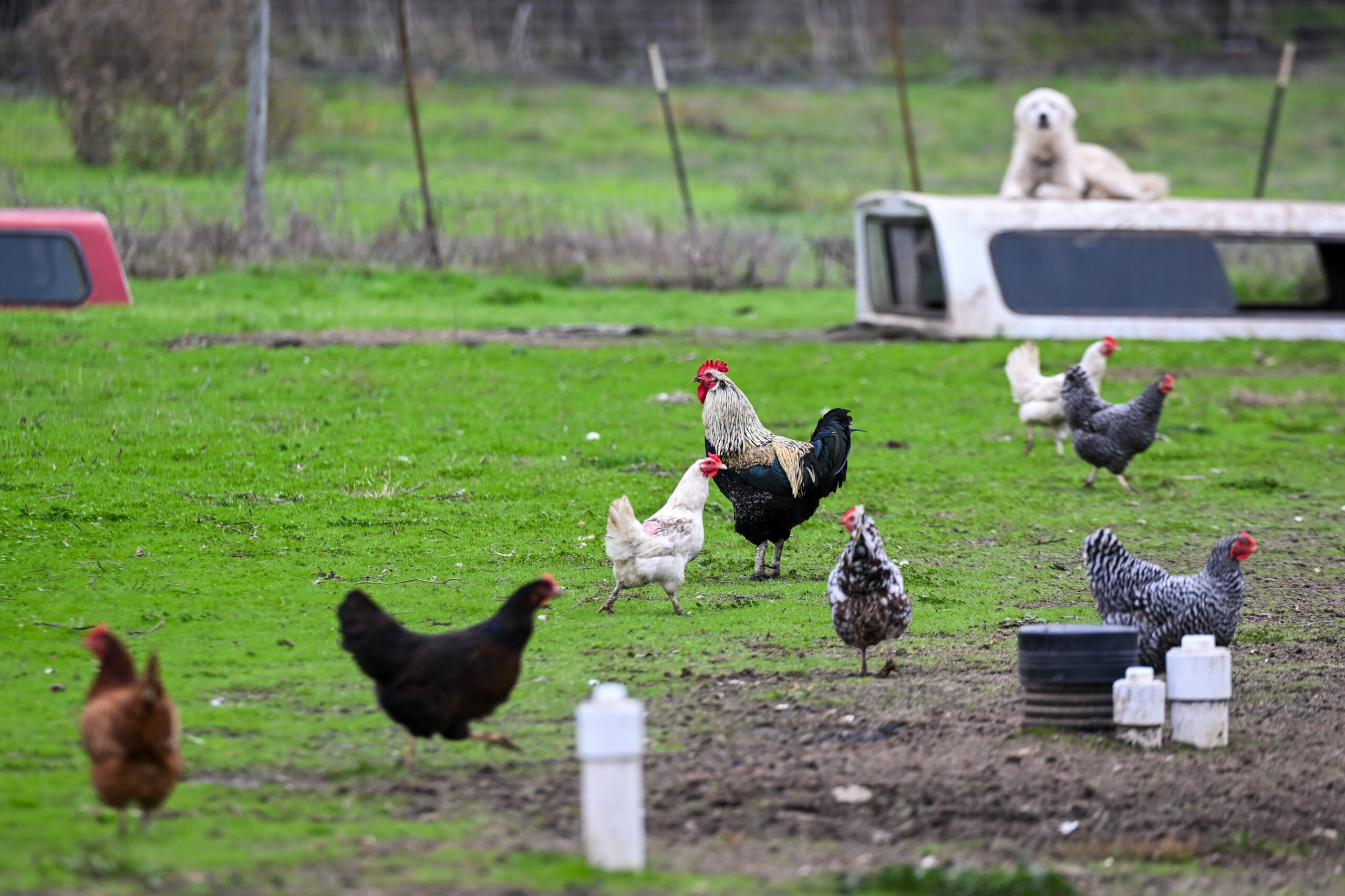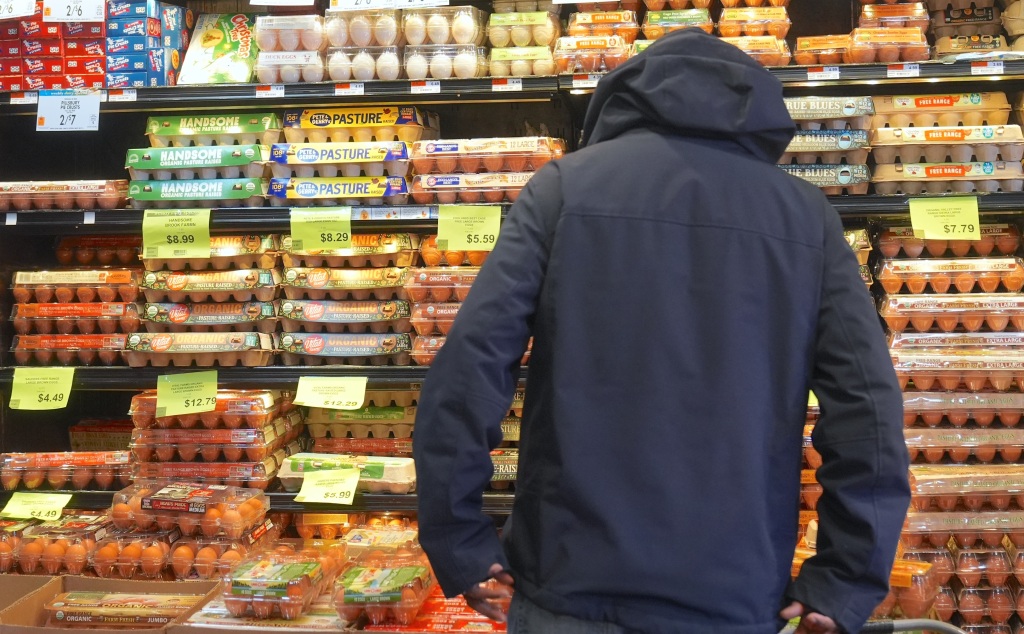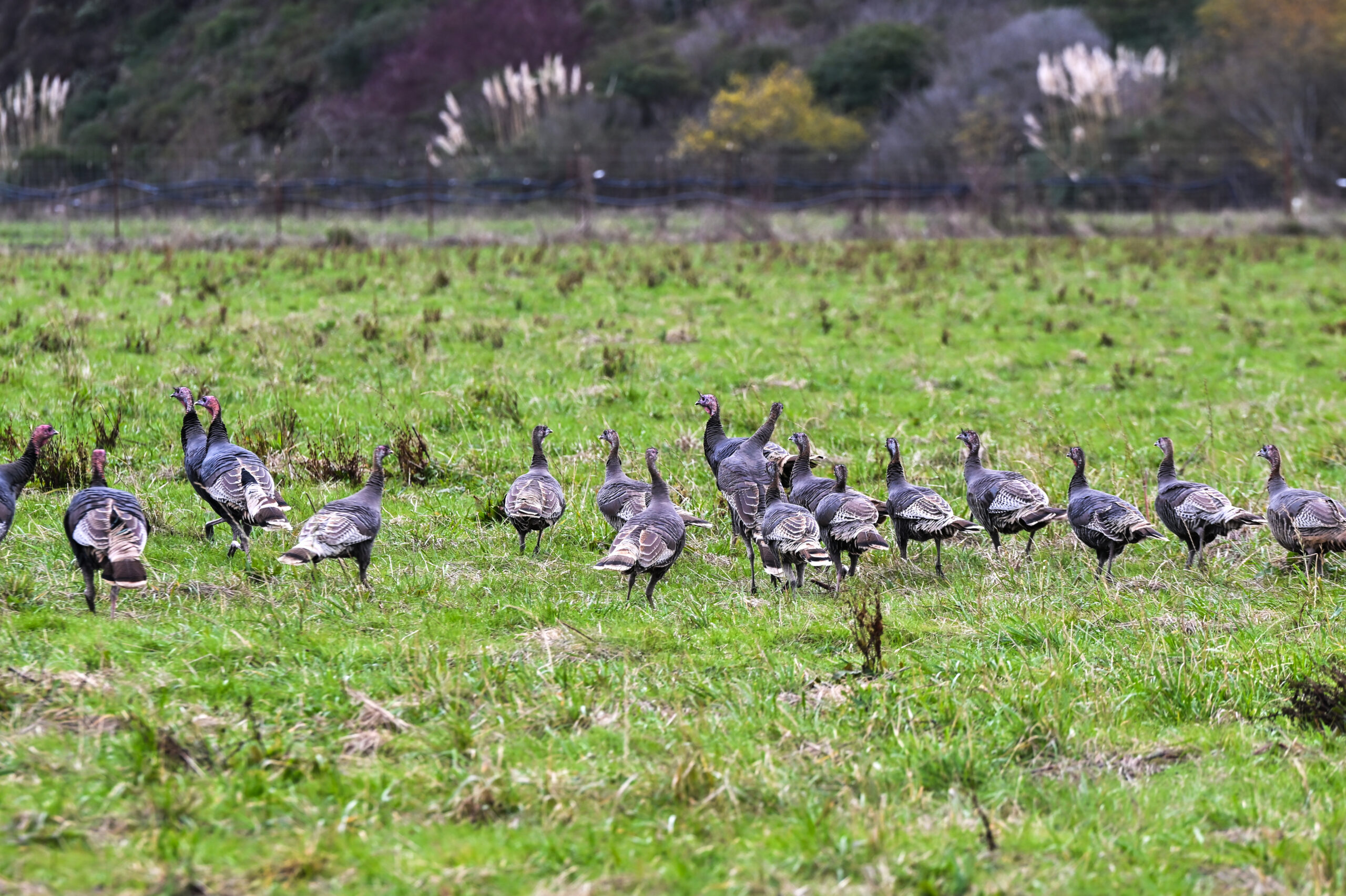A Louisiana resident has become the first person in the U.S. to contract a severe case of highly pathogenic avian influenza (H5N1), commonly known as bird flu, according to an announcement by the Centers for Disease Control and Prevention (CDC) on Wednesday.
Louisiana case marks first severe U.S. infection
The individual, who is over 65 years old and has underlying medical conditions, is believed to have been exposed to the virus through sick or dead birds on their property. The patient is currently hospitalized in critical condition, according to the Louisiana Department of Health.
“Previously, most U.S. cases of H5N1 involved mild symptoms like conjunctivitis or mild respiratory issues,” said Demetre Daskalakis, director of the National Center for Immunization and Respiratory Diseases at the CDC. However, he noted, severe illness from H5N1 has resulted in deaths in up to 50% of cases globally.
Despite this case, the CDC continues to assess the overall threat to the general public as low.

Bird flu’s impact on humans and animals
So far this year, the CDC has confirmed 61 human cases of H5N1 across nine states, though this Louisiana case is the first classified as severe. Bird flu has also devastated wildlife and agricultural sectors, infecting nearly 124 million poultry across 49 states and 865 dairy herds in 16 states.
The dairy sector reported its first H5N1 infections in March, with 315 new cases in the past month, mostly in California. Dairy herds in Nevada and Texas have also been affected.
Nationwide milk testing strategy expands
In response to the spread of H5N1 in dairy cattle, the U.S. Department of Agriculture (USDA) launched a nationwide milk testing program earlier this month. The program requires raw milk samples to be shared for testing upon request at dairy farms, transfer stations, and processing facilities.

Thirteen states, including California, Colorado, and New York, are currently participating in the program. These states represent eight of the top 15 dairy-producing states, accounting for nearly 50% of U.S. dairy production.
California Governor Gavin Newsom recently declared a state of emergency to accelerate response efforts against H5N1 in dairy herds.
Coordinated efforts to combat bird flu
The USDA continues to offer a voluntary bulk milk testing program for farms shipping dairy cattle across state lines. This simplifies the process of proving a herd is free from H5N1 without testing individual cows.
As the first severe human case underscores the potential dangers of bird flu, federal and state agencies remain focused on containment and mitigation to prevent further transmission to humans and animals.



